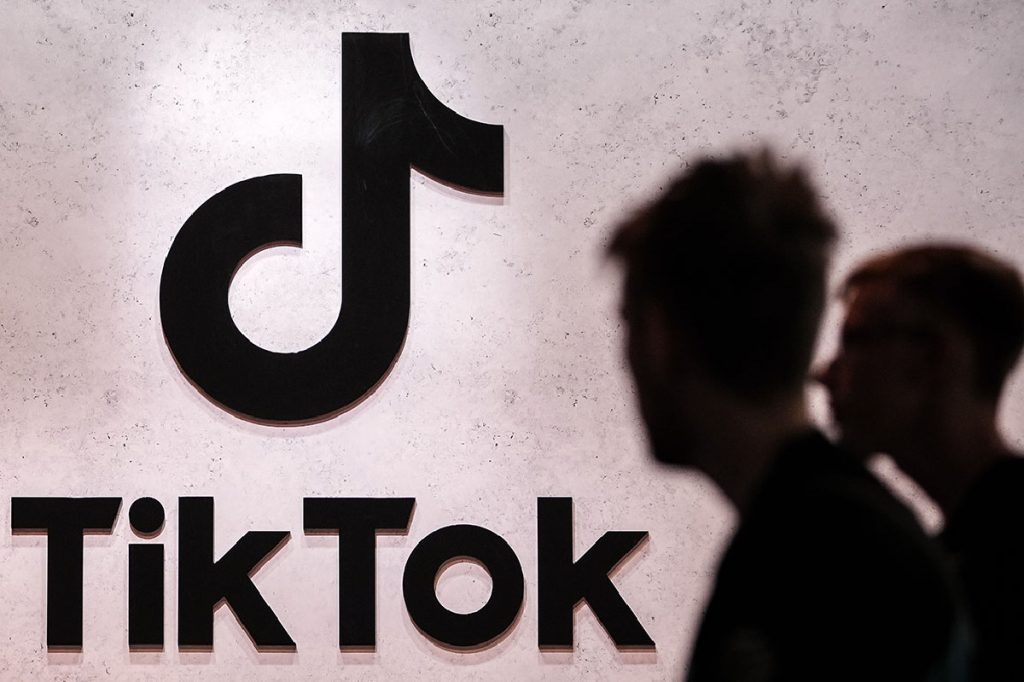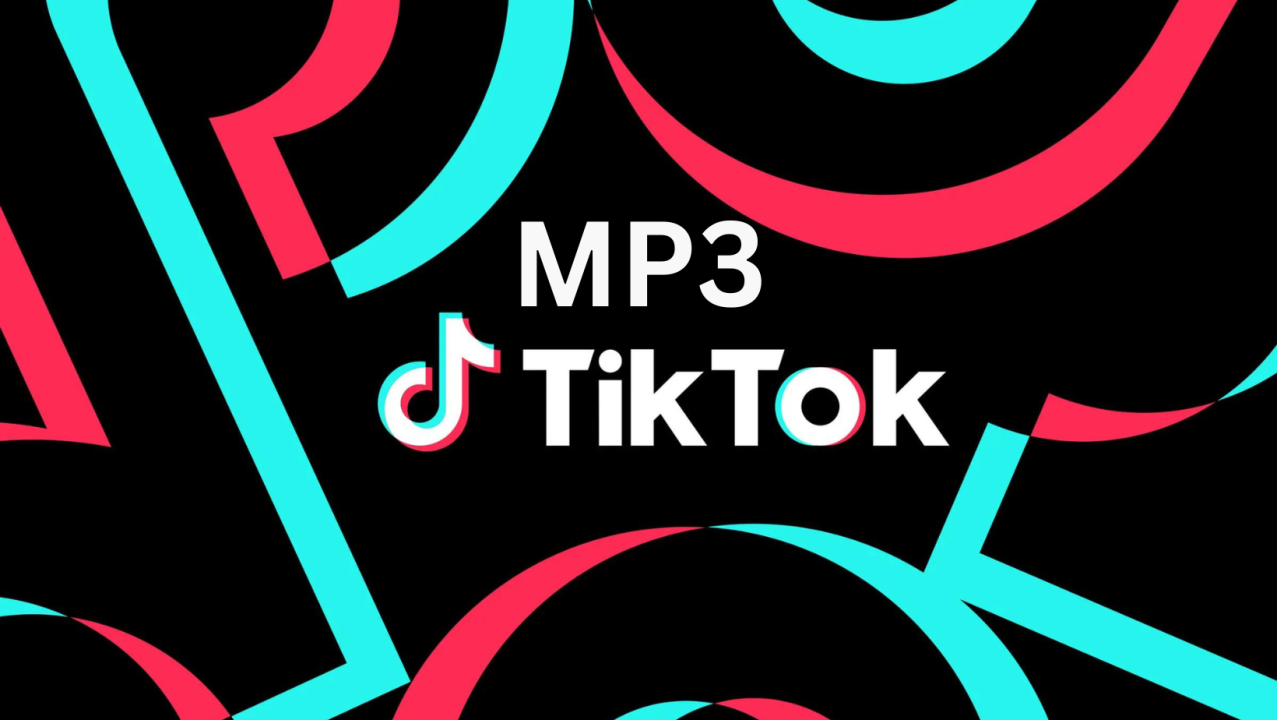In the realm of social media, TikTok has emerged as a global powerhouse, captivating millions with its short-form videos and viral trends. However, alongside its immense popularity, the practice of using TikTok downloaders has sparked debates regarding its ethical implications and impact on both content creators and the platform itself. Are TikTok downloaders truly a boon, providing users with convenience and accessibility, or are they a bane, threatening the integrity of the platform and the rights of content creators?
At first glance, TikTok downloaders seem to offer undeniable benefits to users. They provide a simple and efficient way to save TikTok videos for offline viewing, allowing users to enjoy their favorite content without the need for an internet connection. This convenience is particularly appealing in regions with limited access to stable internet connections or for individuals who prefer to curate collections of their favorite TikTok videos.
Furthermore, TikTok downloaders can serve as a tool for archiving and preserving content, ensuring that impactful videos are not lost amidst the constant stream of new uploads. This archival function can be invaluable for researchers, educators, and historians interested in documenting cultural trends and societal phenomena through TikTok’s lens.
However, the use of TikTok downloaders raises significant ethical and legal concerns, particularly regarding copyright infringement and intellectual property rights. When users download TikTok videos without the explicit consent of the content creators, they may be violating copyright laws and depriving creators of rightful recognition and compensation for their work.
Additionally, the proliferation of TikTok downloaders can contribute to the unauthorized redistribution of content across various platforms, further eroding the control that creators have over their work. This phenomenon not only undermines the economic value of original content but also diminishes the incentive for creators to continue producing high-quality material for the platform.

Moreover, TikTok downloaders pose a threat to the platform’s integrity by circumventing the built-in features and restrictions implemented by TikTok https://tikd.cc/en/ to protect user privacy and security. By downloading videos en masse, users may inadvertently expose themselves and others to privacy breaches and data harvesting by malicious actors.
In response to these concerns, TikTok has taken measures to discourage the use of downloaders and protect the rights of content creators. The platform’s terms of service explicitly prohibit the unauthorized downloading or distribution of TikTok content, and it has implemented technological safeguards to detect and prevent such activities. Additionally, TikTok provides creators with tools to report copyright violations and take action against unauthorized use of their content.
However, despite these efforts, the prevalence of TikTok downloaders persists, driven by the demand for convenience and the desire to access content beyond the confines of the platform. This ongoing tension between user convenience and ethical responsibility underscores the need for a nuanced understanding of the implications of TikTok downloaders on social media ecosystems.
Ultimately, the debate surrounding TikTok downloaders is emblematic of broader questions surrounding the balance between technological innovation, user empowerment, and ethical considerations in the digital age. While they may offer immediate benefits to users, their long-term impact on the integrity of social media platforms and the rights of content creators cannot be ignored. As social media continues to evolve, stakeholders must work collaboratively to address these challenges and ensure that the benefits of technology are balanced with ethical responsibility and respect for intellectual property rights.
